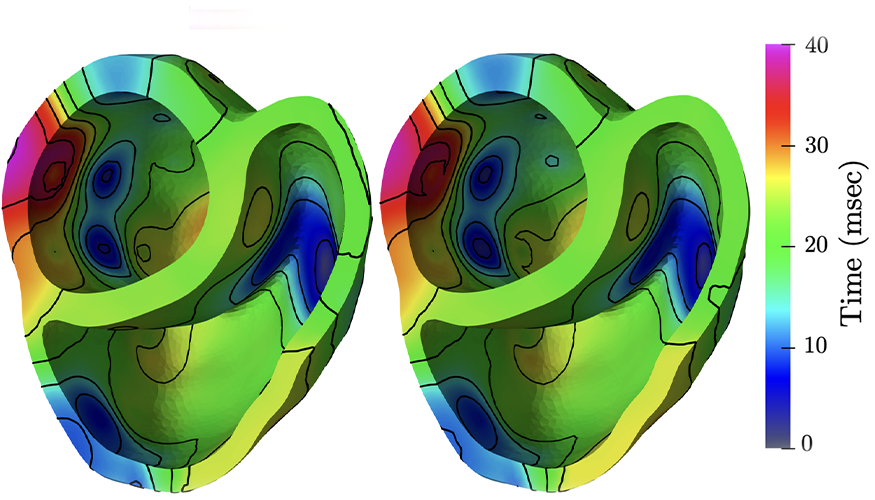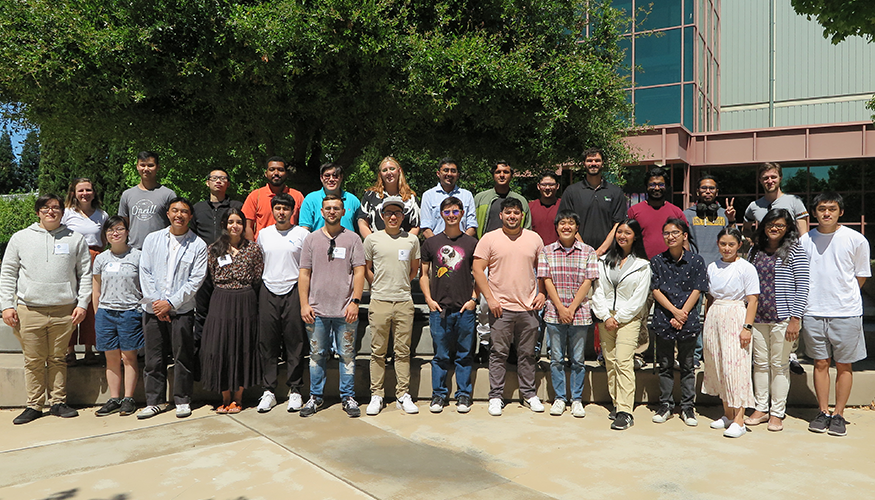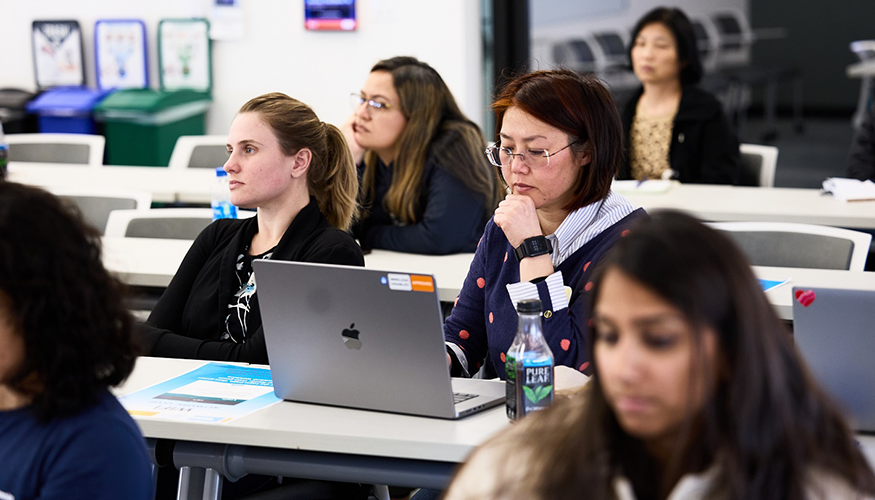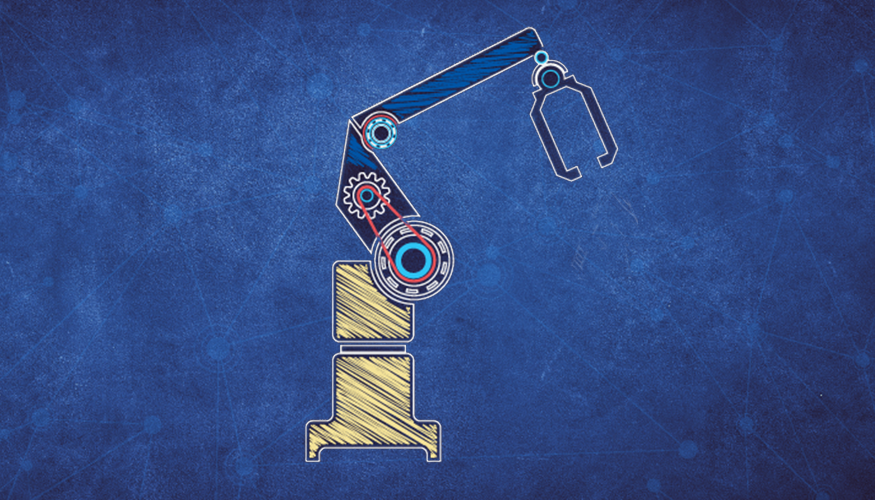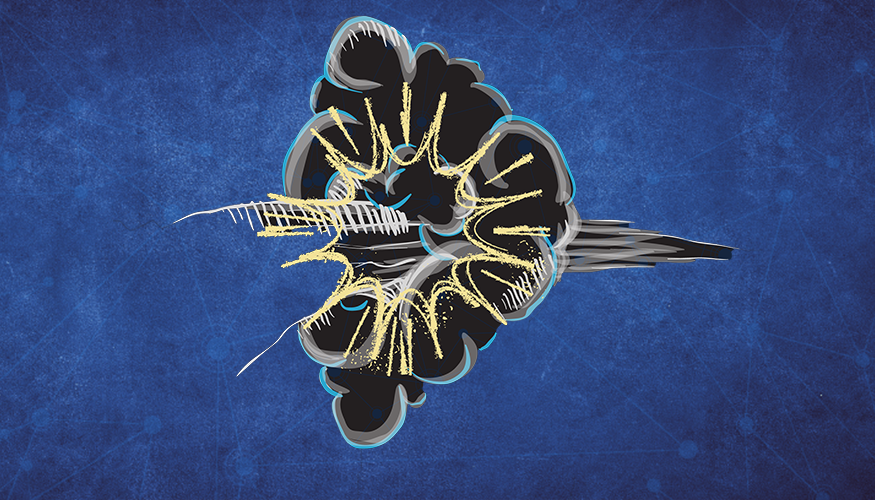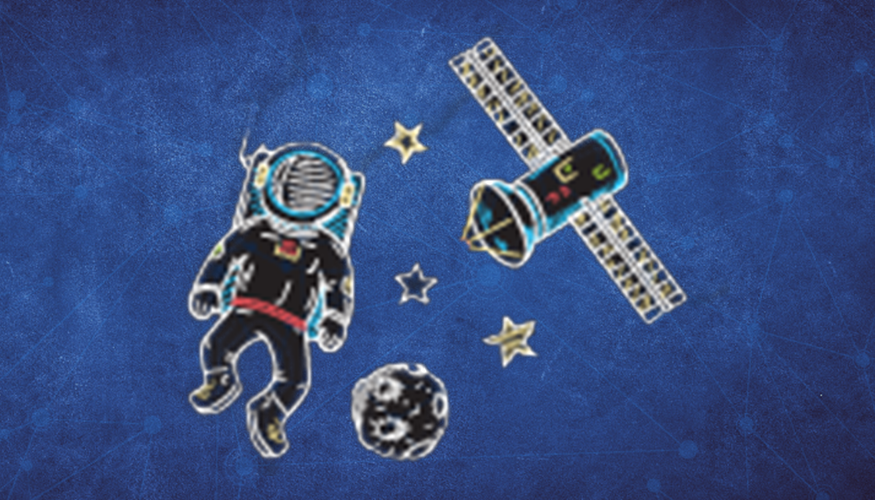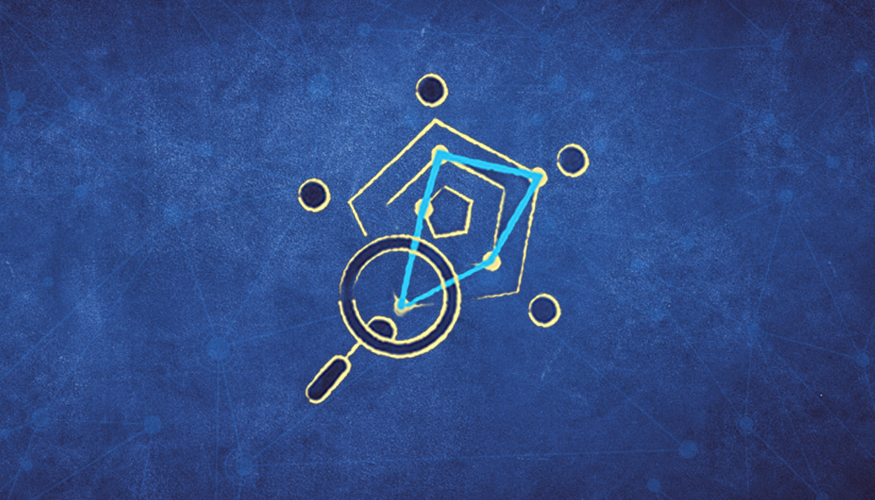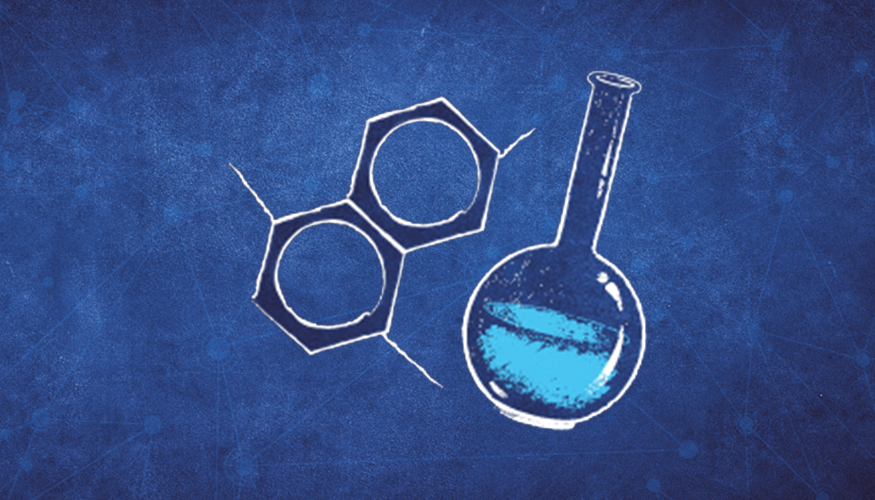
What's New
Monthly Newsletter
Don't miss the latest DSI news. Subscribe to our newsletter & read the latest volume.
Upcoming Seminar
Our seminar series is currently on a break. Contact DSI-Seminars [at] llnl.gov (DSI-Seminars[at]llnl[dot]gov) with any questions.
Data Scientist Spotlight
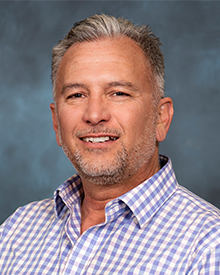
Vic Castillo
Computational Engineer
Computational engineer and data scientist Vic Castillo helps domestic manufacturers improve their processes—a challenge he finds rewarding. As a 30-year LLNL employee, Castillo has worn many hats, especially in support of Strategic Deterrence and Global Security programs. Castillo first came to the Lab as a graduate student through UC Davis’s Applied Science program (a.k.a. Teller Tech), having previously worked as a scientist at the Clorox Research Center. Castillo is now assisting the High-Performance Computing for Energy Innovation (HPC4EI) Program and has received 12 grants to collaborate with domestic manufacturing companies. He says that analyzing real-world data can be laborious, but HPC simulation and machine learning tools have vast potential to improve manufacturing processes and reduce carbon emissions. “My work feels like a small consulting business with many clients,” he states. “There are many different types of problems, and the Lab has broad capabilities to meet these challenges.” Castillo frequently speaks to manufacturing and university audiences to publicize the Lab’s capabilities and publishes journal articles with his team. He has mentored 25 students and postdocs during his career and helped to create an LLNL Teacher Research Academy for local STEM teachers.
Recent Research
Redesigning Antibodies Against Viral Pandemics

In a groundbreaking development for addressing future viral pandemics, a multi-institutional team involving LLNL researchers has successfully combined an AI-backed platform with supercomputing to redesign and restore the effectiveness of antibodies whose ability to fight viruses has been compromised by viral evolution. The team’s research is published in the journal Nature and showcases a novel antibody design platform comprising experimental data, structural biology, bioinformatic modeling and molecular simulations—driven by a machine-learning algorithm. With funding from the Department of Defense’s Joint Program Executive Office for Chemical, Biological, Radiological and Nuclear Defense’s (JPEO-CBRND’s) Generative Unconstrained Intelligent Drug Engineering (GUIDE) program, the interagency team used the platform to computationally optimize an existing SARS-CoV-2 antibody to restore its effectiveness to emerging SARS-CoV-2 Omicron subvariants, while ensuring continued efficacy against the then-dominant Delta variant. Their computational approach has the potential to significantly accelerate the drug-development process and improve pandemic preparedness. Read more about GUIDE.

